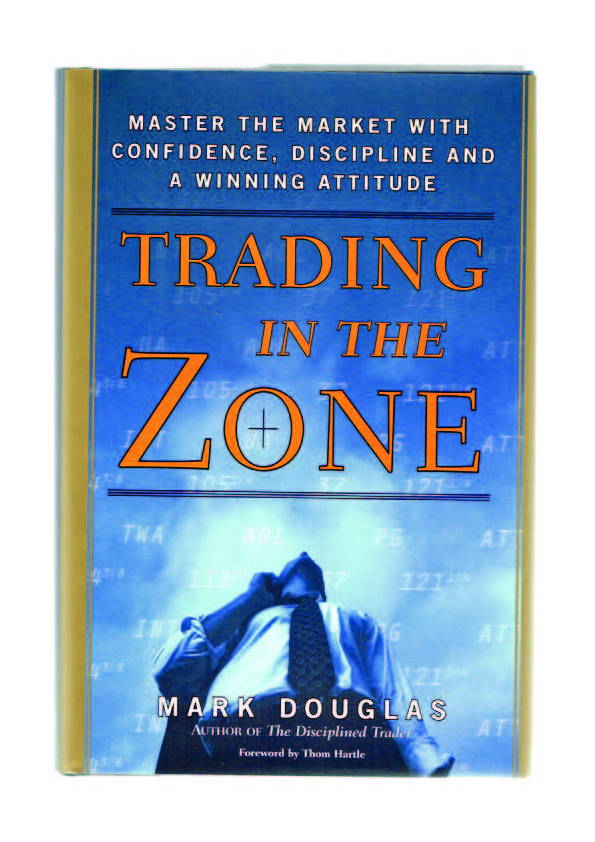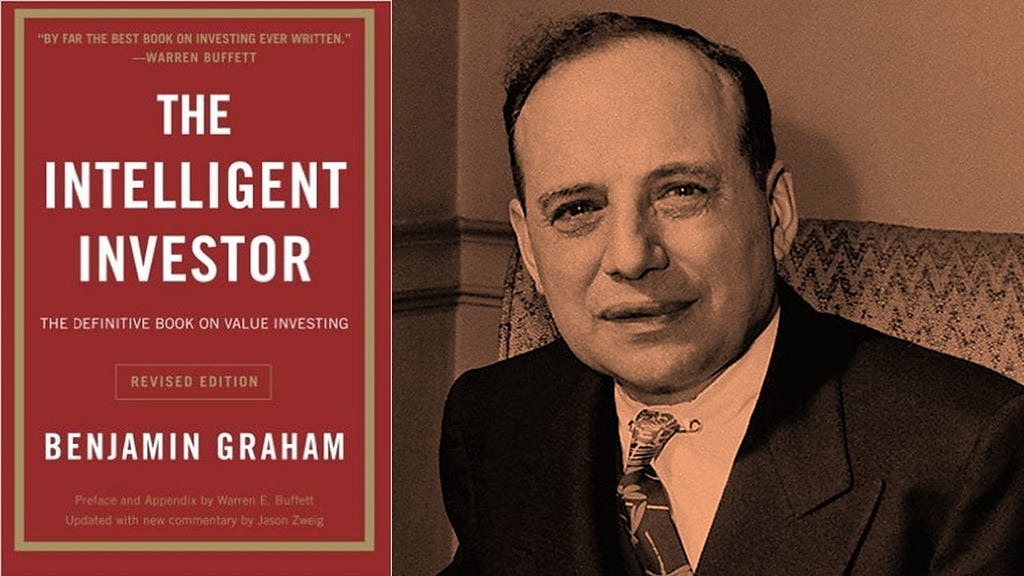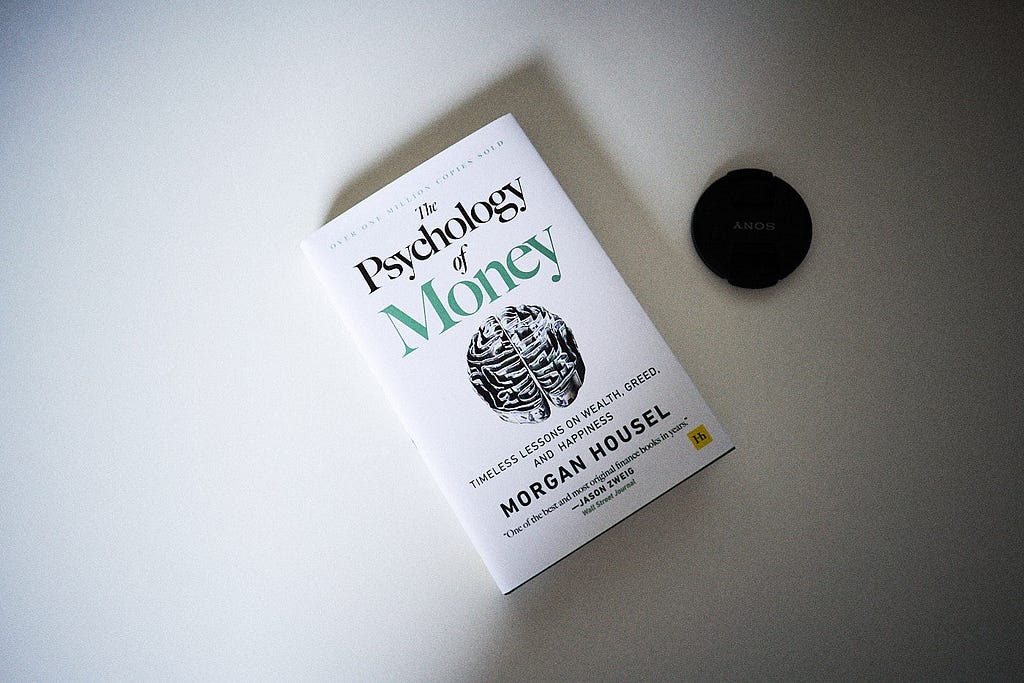
- As we all know, in the world we live in, knowledge is power.
And since ancient times, written information has been the source of transition of power. In our modern day, we can also search on the internet for that but the best form to assimilate and understand is still by reading and studying books on a specific subject.In this article, I will reveal the actual most important read for someone who is into trading and investing in any market (Crypto, Stocks, Forex….).
BUT before we dive in, let me give you an example so you can better assimilate the importance of the information that those books possessed. (for that, I will give an abstract example) — but if you don’t want to scroll past that straight to the book’s explanation.

If you were on a plane and someone came up to you…
….
Now, getting into the books:
1. TRADING IN THE ZONE:
Trading in the Zone by Mark Douglas is one of those books that every trader eventually hears about. It’s not your typical “here’s how to read a chart” kind of book — it’s all about the psychology of trading.
 Credits to Academia.EDU
Credits to Academia.EDUThe book teaches you how to think like a consistently successful trader. One of the big ideas is learning to see trading as a game of probabilities. Instead of obsessing over every single trade, Douglas says you need to focus on the bigger picture — your overall edge.
A single loss doesn’t mean you’re doing something wrong, just like one win doesn’t mean you’re a genius. It’s all about sticking to your process and trusting it will work over time.
OR BETTER SAID: ‘Knowing it will work overtime’
Another key takeaway is how emotions can totally derail your trading. Fear, overconfidence, hesitation — they all mess with your ability to follow your strategy.Douglas emphasizes the importance of building a mindset that’s disciplined and consistent, no matter what the market is doing.
And then there’s risk management. He talks about accepting that losses are just part of the game. If you can define and stick to your risk before you even enter a trade, you free yourself from all that emotional turmoil.
It’s about taking control so you can stay calm and focused, even when things don’t go your way.
At its core, the book is less about trading techniques and more about mastering yourself. It’s like a guide to rewiring your brain so you can trade with confidence, clarity, and a sense of freedom.
2. The Intelligent Investor: The Definitive Book on Value Investing
The Intelligent Investor by Benjamin Graham is one of those books that’s always recommended if you want to get serious about investing. It’s not about getting rich quick — it’s about being smart and patient, focusing on the long game.

Graham’s whole approach is based on one big idea: buy investments that are worth more than they cost. Think of it like spotting a great deal at a store — you’re looking for something valuable that’s on sale.
One of the coolest parts of the book is this character Graham creates called Mr. Market. He’s like this moody neighbor who comes to your door every day offering to buy or sell stocks. Some days, he’s super excited, and prices are sky-high; other days, he’s totally down and offering bargains.
Graham says:
“Don’t let Mr. Market’s moods mess with your decisions. Just stick to your plan and only buy when it makes sense.”Another big idea is the margin of safety. It’s like your safety net. When you buy a stock, you want to make sure there’s some room for error — because, let’s be real, no one can predict the future perfectly.
This cushion helps protect you if things go wrong.
Graham also talks about two types of investors: defensive and enterprising. If you’re defensive, you want to keep things simple — maybe stick with index funds or safer investments.
If you’re enterprising, you’re ready to dig deep, do your homework, and find hidden opportunities. Either way, the goal is the same: don’t gamble, and don’t follow the crowd. Stay focused on the numbers and the value.
At the end of the day, this book isn’t about flashy strategies or quick wins. It’s about being calm and logical and making decisions that will build wealth over time. Graham’s advice is timeless because it’s all about common sense: don’t overpay, stay patient, and always protect yourself from unnecessary risks.3. Psychology of Money
 Credits for the Photo ~ Pawel Grzybek
Credits for the Photo ~ Pawel GrzybekThe Psychology of Money by Morgan Housel is one of those books that makes you think:
“Why didn’t anyone tell me this earlier?”It’s not about how to get rich quickly or pick the best investments — it’s about understanding how we think about money and how that affects the decisions we make in our everyday lives and financial careers.
And honestly, that’s way more important than spreadsheets and stock tips.
Housel’s big idea is that money isn’t just numbers — it’s deeply personal. The way you handle money comes from your own experiences. If you grew up seeing your family struggle with bills, you might save every penny.
If you’ve always had financial stability, you might take bigger risks. And here’s the thing: there’s no “right” way. The book encourages you to stop comparing yourself to others and focus on what makes sense for you.
One of the most powerful lessons is that wealth isn’t about how much you earn — it’s about how much you keep. Fancy cars and big houses might look impressive, but true wealth is being able to live life on your own terms.
Saving isn’t about depriving yourself; it’s about creating freedom — freedom to take a break, switch careers, or handle life’s curveballs without freaking out.Housel also talks about luck and risk in a super relatable way. Sometimes, success comes down to being in the right place at the right time. And sometimes, even when you do everything right, things still go wrong.That’s why it’s so important to stay humble, avoid betting on the farm, and always have a backup plan.
Another big takeaway?
Patience is your best friend.When it comes to investing or building wealth, the real magic is in letting time do its thing. You don’t need to be a genius or make perfect moves — you just need to be consistent and avoid making impulsive decisions.
At the heart of it, this book is less about money and more about living a good life. It’s about finding balance — saving enough for the future but also enjoying the present.
Housel doesn’t tell you what to do with your money; he helps you figure out what matters most to you so you can build a life you actually love.
Now, in the end, what can I say than get ready to read?
And till next time, ALL THE BEST.
Edge OUT.
Those 3 Reads will change your Money/Investing Perspective. was originally published in The Capital on Medium, where people are continuing the conversation by highlighting and responding to this story.

 1 month ago
30
1 month ago
30








 English (US) ·
English (US) ·